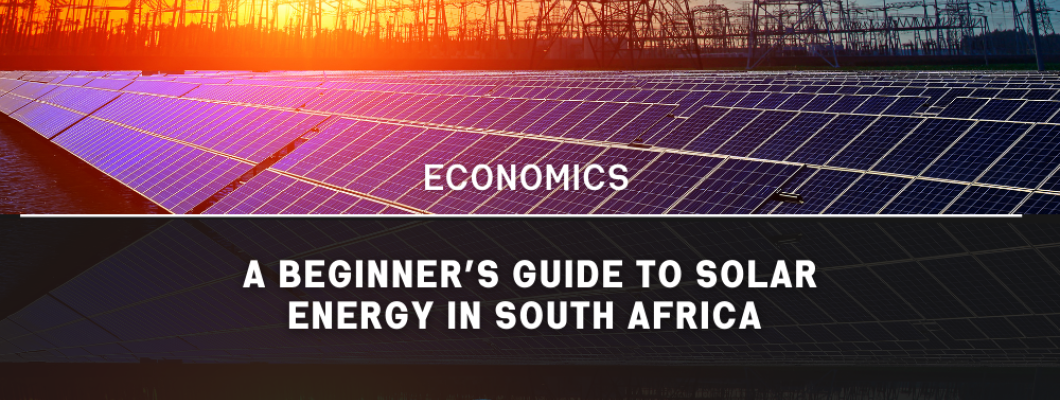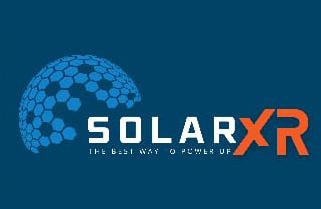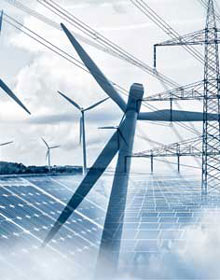
As South Africa grapples with frequent power outages and rising electricity costs, more homeowners are turning to solar energy as a reliable and sustainable alternative. If you're a first-time solar buyer, navigating the world of solar panels can be daunting. This guide will provide you with essential information to help you make an informed decision.
Before diving into the specifics of purchasing solar panels, it’s important to understand how solar energy works. Solar panels, also known as photovoltaic (PV) panels, convert sunlight into electricity. This electricity is then used to power your home. Any excess electricity can be stored in batteries or fed back into the grid, potentially earning you credits on your electricity bill.
The first step in your solar journey is to assess your energy needs. Review your past electricity bills to understand your average monthly consumption. This will help you determine the size of the solar system you need. A typical household in South Africa requires a system that can generate between 3 to 5 kilowatts (kW) to meet basic energy needs.
The performance of solar panels heavily depends on their installation. Ensure your roof has enough space to accommodate the panels and is structurally sound. Ideally, your roof should face north to maximize sun exposure, but east or west-facing roofs can also work with some efficiency loss. Additionally, the tilt of the panels should match the latitude of your location to optimize energy absorption.
Solar panels come in various types, with monocrystalline and polycrystalline being the most common. Monocrystalline panels are slightly more efficient and perform better in low-light conditions, making them a popular choice despite their higher cost. Polycrystalline panels are more affordable but may require more space to produce the same amount of energy.
An inverter is a crucial component of your solar system, converting the direct current (DC) produced by the panels into alternating current (AC) used by most home appliances. When choosing an inverter, consider its efficiency and warranty period.
Battery storage is another important consideration, especially in South Africa, where load shedding is a common issue. Batteries allow you to store excess energy for use during power outages or at night. Lithium-ion batteries are a popular choice due to their long lifespan and efficiency.

Installing solar panels is a significant investment. The cost varies depending on the size and type of system, but you can expect to spend between ZAR 70,000 and ZAR 150,000 for a typical home setup. However, this investment can lead to significant savings on your electricity bill and increase your property's value.
Several financing options are available, including loans, leasing, and power purchase agreements. Explore these options to find one that suits your financial situation. Additionally, keep an eye out for government incentives or rebates that might be available for solar installations.
Choosing a reputable solar installer is crucial to ensure the quality and performance of your system. Look for companies with a proven track record and positive customer reviews. Ensure they are accredited by the South African Photovoltaic Industry Association (SAPVIA) and provide comprehensive warranties for both the panels and installation work.
Solar panels require minimal maintenance, but regular cleaning and inspections can help maintain their efficiency. Most panels come with a warranty of 20 to 25 years, with inverters typically covered for 5 to 10 years. Ensure you understand the terms of these warranties and what they cover.
Transitioning to solar energy is a significant decision that offers environmental and financial benefits. By understanding your energy needs, choosing the right equipment, and working with a reputable installer, you can make a smart investment in your home’s future. As a first-time solar buyer in South Africa, being well-informed will empower you to harness the sun's power effectively and sustainably.


Leave a Comment